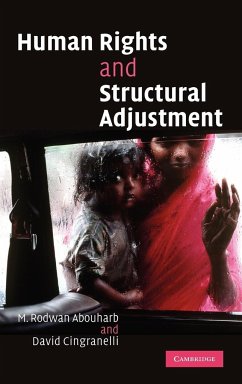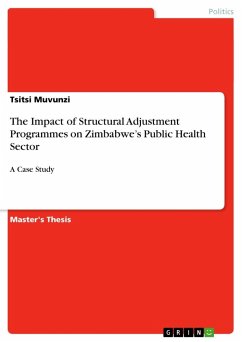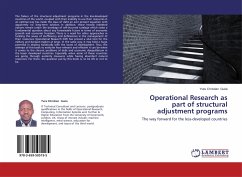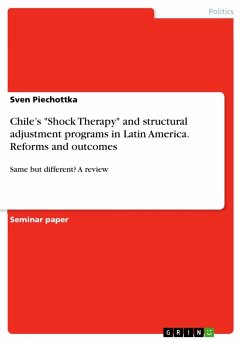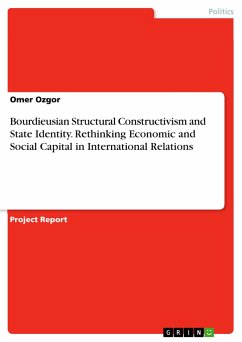Since the 1970s 'structural adjustment' has been a central part of the development strategy for the Third World. Loans made by the World Bank and the IMF have been conditional on developing countries pursuing rapid economic liberalisation programmes as it was believed this would strengthen their economies in the long run. M. Rodwan Abouharb and David Cingranelli argue that, conversely, structural adjustment agreements usually cause increased hardship for the poor, greater civil conflict and more repression of human rights, therefore resulting in a lower rate of economic development. Based on an analysis of outcomes in 131 developing countries between 1981 and 2004, they show that greater exposure to structural adjustment has increased the prevalence of anti-government protests, riots and rebellion. They also demonstrate that structural adjustment has led to less respect for economic and social rights, physical integrity rights and worker rights, but more respect for democratic rights.
Hinweis: Dieser Artikel kann nur an eine deutsche Lieferadresse ausgeliefert werden.
Hinweis: Dieser Artikel kann nur an eine deutsche Lieferadresse ausgeliefert werden.

